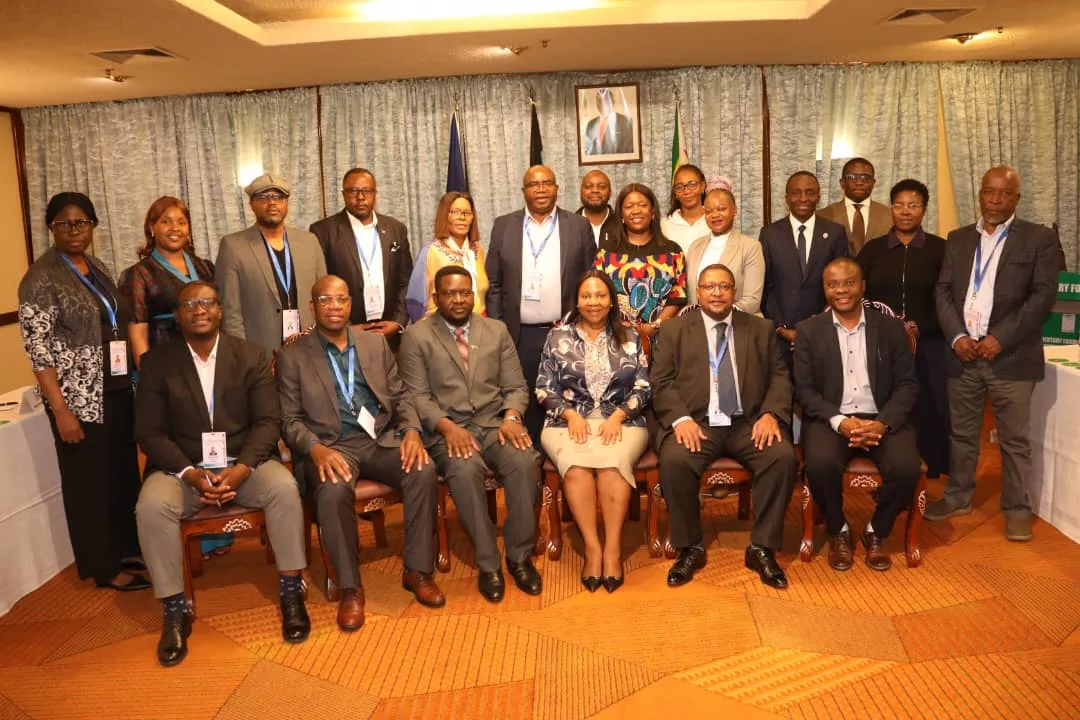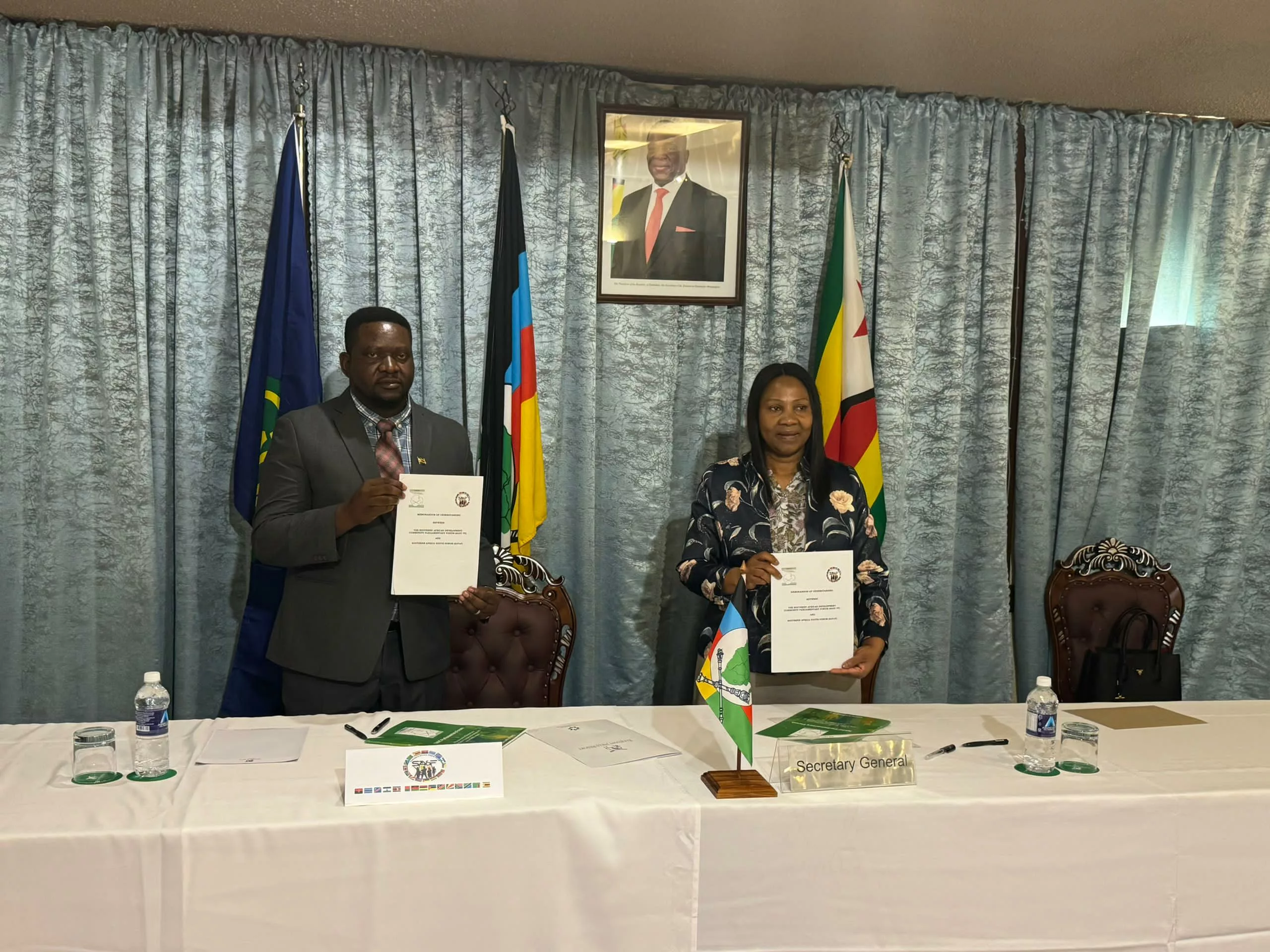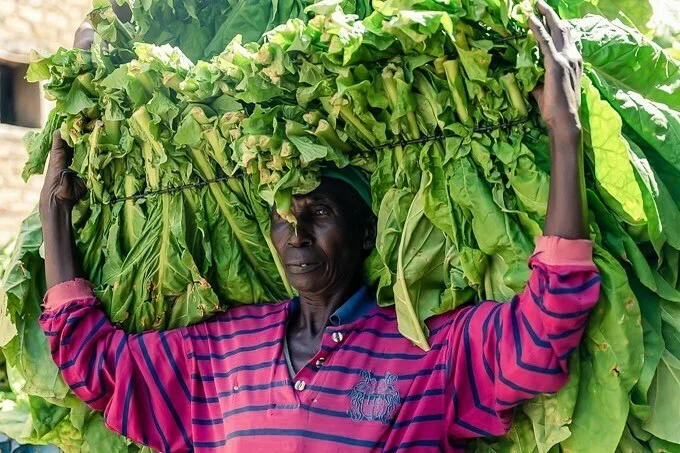By Charles Dhewa
The rate at which food systems is becoming a buzzword suggests the world has quietly shifted from a farming systems approach to a food systems approach for good reasons. A food systems approach looks at the entire ecology through which food is produced, consumed, lost, value added as well as roles of different intermediaries who are often not mentioned in a farming systems perspective.
Due to COVID19, in 2020 the depth of consensus around food systems has been fuelled by virtual conferences happening almost at the same time. While it has become accepted tradition for October 16th every year to be set aside as World Food Day, it seems there is some quiet agreement that food is too fundamental for only one day to be set aside especially given the transition to food systems. Major events on almost the same topic and happening in the same week include:
• The 3rd AFSA Biennial Food Systems Conference and Celebration 27th-29th October, 2020 – https://foodmarkets.afsafrica.org/
• The 31st Regional Conference for Africa hosted by the FAO – a virtual event from 26 to 28 October 2020 – http://event-services.fao.org/events/31st-regional-conference-for-africa-arc31-/event-summary
• Future Hospitality Summit 26 – 27th October gathers the world’s hospitality leaders.
• Ongoing virtual conversation on Future Agricultures: bit.ly/eDialogueLive.
Elevating the role of people-centred markets
Of the above mentioned events and many others that have been happening in solidarity with World Food Day, the AFSA Biennial Food Systems Conference has a deliberate focus on markets. Not just markets in general but markets that can support agro-ecologically-conscious food systems badly needed by the whole world going forward. The event hopes to build a very strong case for using people-centred markets to promote agro-ecology as well as build nutrition baskets at community, national, regional and global levels.
Over the past few years, eMKambo has religiously assessed and tracked local food supply corridors in a number of African countries. Such efforts have shown the extent to which mass markets are major centres of convergence for food commodities from diverse production zones including other countries. By sorting food for different consumers and income levels, these markets also sort nutrition elements for diverse consumers. It is only in mass markets where more than 80 – 100 commodities can be found in one place, making it possible to arrange proteins on their side, starch on one side, micronutrient-bearing food on their side and many other nutrition elements. Such an arrangement may not happen in one production area which may only produce a few particular commodities.
The role of mass markets in mobilizing food from different production zones and distributing to different areas where food is needed is usually under-estimated. It is from mass markets, not supermarkets, that the lowest cost and affordable nutritious meals can be designed. Supermarkets cannot do so because more than 80% of their commodities are already processed consumer-packaged goods and not as fresh and diverse as mass markets. To the extent it is unsustainable to build food and nutrition strategies from the top down, eMKambo is convinced, a regional food and nutrition strategy should be built from the grassroots so that communities inform countries to adequately inform the regional strategy.
Opportunities for leveraging e-commerce
As eMKambo advocates for the whole month of October to be considered food systems month every year, some of the key questions for interrogation this month-long visionary conversation include: How can low income and food insecure countries harness e-commerce to advance agro-ecology and nutrition? While social media is part of e-commerce, in most cases social media is used to market food on the basis of price and not on the basis of nutrition content. Every advertisement flighted focuses on how cheap a particular food commodity is not how nutritious it is. That has to change.






